Affordable Backflow Testing Options

Devices installed in plumbing systems to prevent contaminated water from flowing back into the clean water supply.
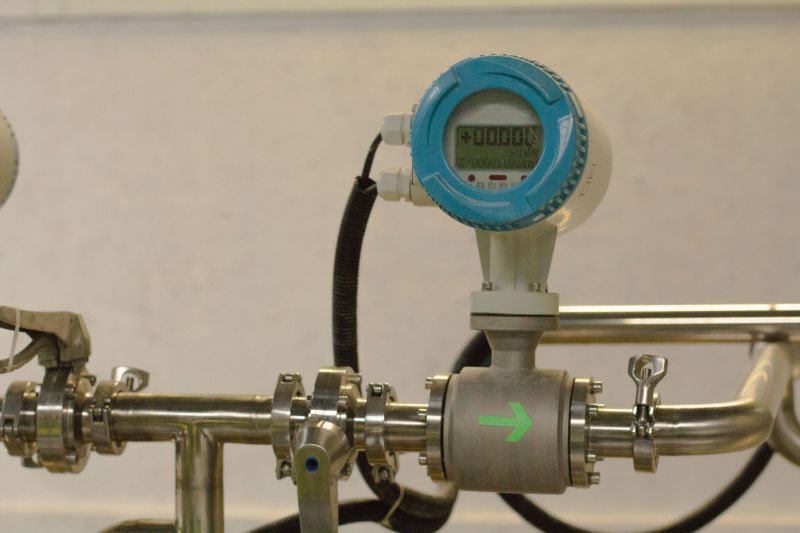
Specialized tools used by professionals to assess the functionality of backflow prevention devices.
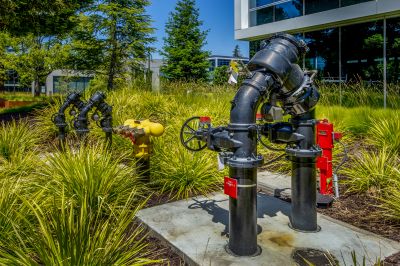
Images showcasing properly installed and tested backflow prevention systems in various settings.
Backflow prevention testing is a critical process to ensure the safety and integrity of potable water supplies. Regular testing helps identify potential failures in backflow prevention devices, which can prevent the contamination of drinking water caused by reverse flow of pollutants or hazardous substances. Properly maintained backflow preventers are essential for compliance with health standards and to avoid costly water system issues.
Statistics indicate that a significant percentage of backflow preventers fail during routine inspections, highlighting the importance of scheduled testing. The process involves checking the device's operation, pressure, and integrity, often revealing issues before they lead to contamination. Ensuring these devices work correctly protects public health and maintains water quality standards.
Backflow prevention testing typically takes between 30 minutes to an hour, depending on the system's complexity and size.
The process includes inspecting the device, performing pressure tests, and verifying proper operation with specialized equipment.
Hiring a professional ensures accurate assessments, compliance with regulations, and early detection of potential issues.
Professional backflow testing involves detailed procedures to confirm that devices are functioning correctly. Technicians perform pressure tests, inspect for leaks, and verify that the device prevents reverse flow effectively. This process helps prevent water contamination and ensures adherence to local health codes.

Technicians conducting pressure and functionality tests on backflow preventers.

Close-up images of tested and certified backflow prevention devices in operational condition.

Photos of backflow prevention systems after successful testing and certification.
Choosing a qualified professional for backflow prevention testing ensures thorough inspections and accurate results. Proper testing can identify issues early, reducing the risk of water contamination and potential health hazards. Regular testing also helps maintain compliance with local regulations and safety standards.
Scheduling routine backflow prevention tests is a proactive measure to safeguard water quality. Professionals use specialized tools and techniques to evaluate device performance, ensuring that systems operate correctly and efficiently. Maintaining the integrity of water systems benefits public health and prevents costly repairs or penalties.
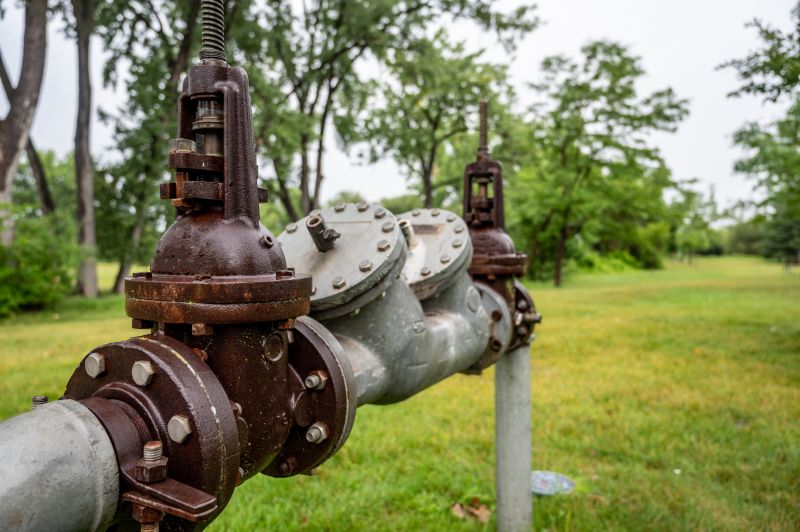
Technicians reviewing test results and verifying device operation after testing.
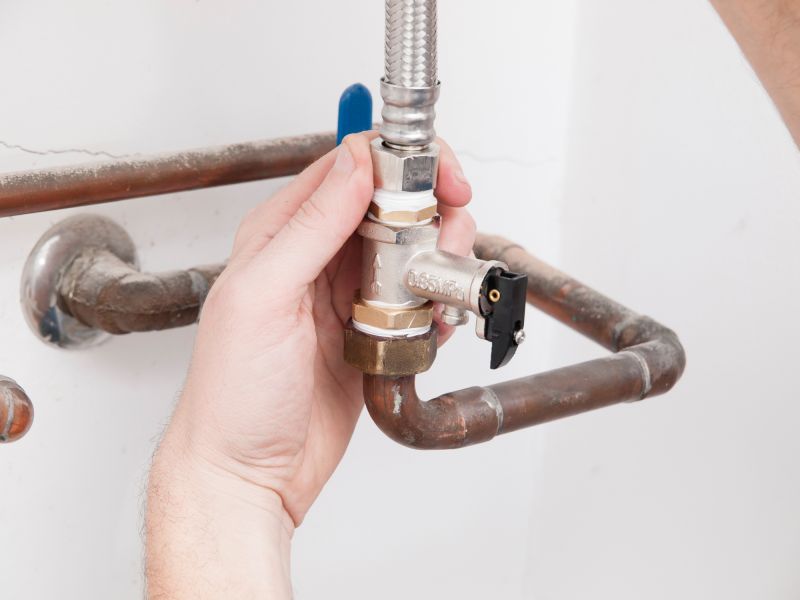
Images of backflow preventers that have passed testing and are ready for use.
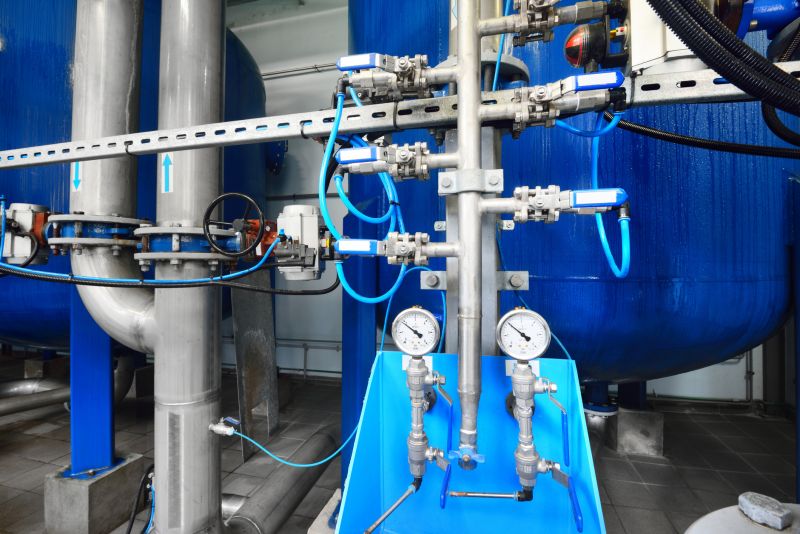
Photos showing backflow systems after successful testing and certification.
For those interested in maintaining water safety, scheduling backflow prevention testing is a vital step. Filling out the contact form can provide access to professional services tailored to specific system needs. Regular testing supports the ongoing safety and reliability of water supply systems.



